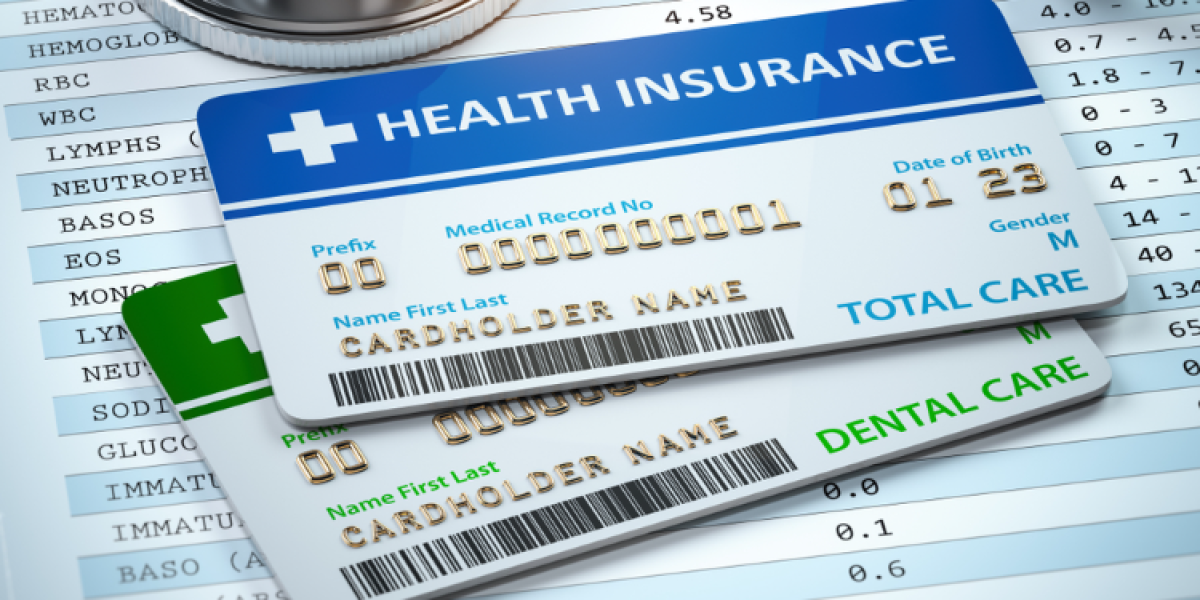
Living the American dream is a goal for many around the world. While the US promises a lot and offers a unique experience for those who venture there, it's important to remember that settling in the US is more challenging than it seems, especially regarding healthcare. If you come from a country with easily accessible healthcare, adjusting to the American health system will take some time. Here's everything you need to know!
Why is healthcare so expensive in the United States?
One of the main reasons health costs are so high in the US is the absence of a universal health insurance system. Citizens must either purchase private health insurance or pay out-of-pocket for medical care without state assistance. High drug prices, due to a lack of government regulation, allow pharmaceutical companies to set prices freely. Physician fees and medical services are among the highest globally, reflecting high salaries and the extensive use of advanced, costly medical technologies. The administrative complexity also contributes to the costs -- the multitude of private and public insurers creates an expensive and inefficient bureaucracy. Additionally, American hospitals have high overhead costs, and emergency care is often used for non-urgent issues, leading to extra expenses. Finally, the lack of preventive and primary care often results in complications that are more expensive to treat.
Healthcare costs in the United States in figures
To provide some perspective, a journalist was recently billed $11,000 for four hours in the hospital for a medical emergency, making news headlines. Maternity costs in the US vary by state, but some bills can easily reach $15,000 or even $50,000. A simple visit to a general practitioner or pediatrician costs at least $200. A dental cleaning can cost up to $1,000. Dermatologists charge an average of $400 per consultation. For specific exams, an MRI costs around $1,119, and a blood test can range from $100 to $3,000.
Preparing for healthcare in the United States as an expat
If you're moving to the US soon for studies, work, or as a trailing spouse, prioritizing your health is crucial in a country with high medical expenses. Everyone can face health issues, even the youngest! Before leaving, it's essential to prepare for any eventuality.
Start by checking with your health insurance or local social security about coverage abroad and its duration. Depending on your country, you might only be covered for a limited period of time. Given the expensive US health system, getting additional health insurance is often highly recommended. Research different coverage options, as they vary in protection.
If you are on long-term medication, stock up on as many medications as possible before leaving. This way, you won't need to see a doctor locally for a prescription. However, check if your medication is allowed in the US and keep your prescriptions with you during travel.
Before your departure, undergo a complete medical examination to detect and treat any health issues, even minor ones, that could become costly if left untreated. Make appointments with your general practitioner, dentist, gynecologist, and ophthalmologist. You'll leave with peace of mind and reduce the risk of needing emergency hospital visits.
If you're moving to the US for work, inquire with your new employer about the health coverage offered and what it includes. This can influence your decision to accept a job offer. In case of a transfer, check how your company will handle your health in the new country and if you remain affiliated with your home country's social security.
Lastly, a basic but essential tip: save money for unforeseen events, both before and after your arrival. This could save you from a toothache, an unexpected pregnancy, or any injury.
Navigating the US healthcare system as an expat
Before moving to the United States, it's crucial to understand your rights and obligations. Don't hesitate to seek advice from locals or expats who have been living there for a long time. Familiarize yourself with American patient protection laws, such as HIPAA (Health Insurance Portability and Accountability Act), which guarantees the confidentiality of your medical information.
Translating your medical documents can be extremely helpful once you're there, especially if you plan to settle in the US permanently. If you've had health issues in the past, undergone major surgery, or have a chronic condition, take the time to have everything translated by professionals (avoid automated translators in this case). These documents can be useful in case of new health problems and will be more easily accessible to American doctors, reducing the risk of medical errors.
Free healthcare facilities: They do exist!
Did you know that there are clinics accessible to people without social coverage? Often managed by medical students, these clinics offer free care, social assistance, and help with health insurance enrollment. For example, in New York, there are about ten clinics run by students who can provide care and assistance to patients. However, many of these clinics require an appointment and are free only for specific age groups, such as those under 21. When you arrive in your new city, find out about accessible clinics near your home and note their contact details in case of need.
Remember, there's a large community of expats in the United States who will be happy to advise you on the procedures to follow, mistakes to avoid, and the best insurance options for expats. Interact with these people and seek help when needed to prepare for the US healthcare system calmly.
Medical tourism: The ultimate solution
Medical tourism has grown significantly in recent years. More and more Americans and foreign residents choose to get treated in neighboring countries like Mexico, Costa Rica, or Canada. These destinations often offer lower costs, shorter waiting lists, and advanced technologies or treatments that are sometimes not available or widespread in the US. Mexico is favored for its proximity and attractive prices, Canada for its high-quality, low-cost public health system, and Costa Rica for quality dental and plastic surgeries at very competitive prices. Many establishments and clinics in these countries offer packages that include transportation, accommodation, and even tourist activities, making the stay even more attractive.
Many expats also choose to return to their home country for treatment, even if they are on the other side of the world. They use their vacations to undergo routine check-ups like blood tests, dental, or gynecological exams, often much cheaper than in their host country. This practice also applies to prescription medications and non-urgent treatments, which are easier to organize.
Overall, the US healthcare system isn't easy to understand, and it's crucial to prepare well before your move. With the right information, adequate support, and knowledge of all available options, you'll ensure better care if needed.



















